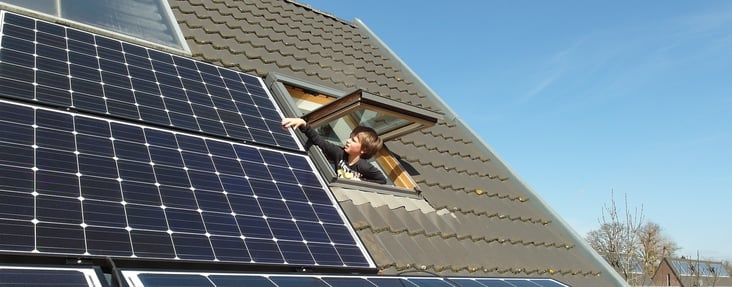
Fitch Ratings released a report last month analyzing the impact of rooftop solar and net metering on the creditworthiness of Investor Owned Utilities (IOUs), and the takeaway seems geared to raise alarm. In short, Fitch states that distributed solar, and especially net metering for solar owners, pose a risk to utilities’ financial stability and thus their ability to borrow at low interest rates. As discussed in a USA Today column, the Fitch report suggests that the best way for utilities to solve this problem is to recover more revenue through fixed charges and compensate rooftop solar owners for their excess generation at the lower avoided cost rate instead of retail, as is typically done under net metering.
While this may make a pithy message for investors, as guidance for utilities the Fitch advice is dubious. It seems to say the only way utilities can remain financially viable, and hold onto their rock-solid credit ratings, is to limit the options of their customers, ramp up charges that don’t correlate with usage, and discount the value of power contributed to the grid by customers. Instead, we would suggest that there are better ways for utilities and their regulators to look at the impacts of distributed generation on the electric power system. Utilities are responsible for maintaining a reliable, affordable electricity system, but this should not include punishing their customers who are availing themselves of new options for meeting their energy needs. It would make more sense for Fitch to point utilities, and their investors, toward more forward-looking solutions that make rooftop solar customers (and customers who invest in other forms of distributed energy resources) their partners, instead of their adversaries.